Inge Grognard, Makeup 1989–2005 features the formative work of one of the fashion world’s most revered makeup artists. From the first days of Maison Martin Margiela through to contemporary Balenciaga, Inge Grognard has spent her career as an integral part of fashion’s avant garde. Grognard’s aesthetic approach revolutionised makeup in the nineties and this book documents her work at that time, featuring imagery from campaigns, runways and editorials for brands such as Raf Simons, Dries Van Noten, Maison Martin Margiela and A.F. Vandevorst.
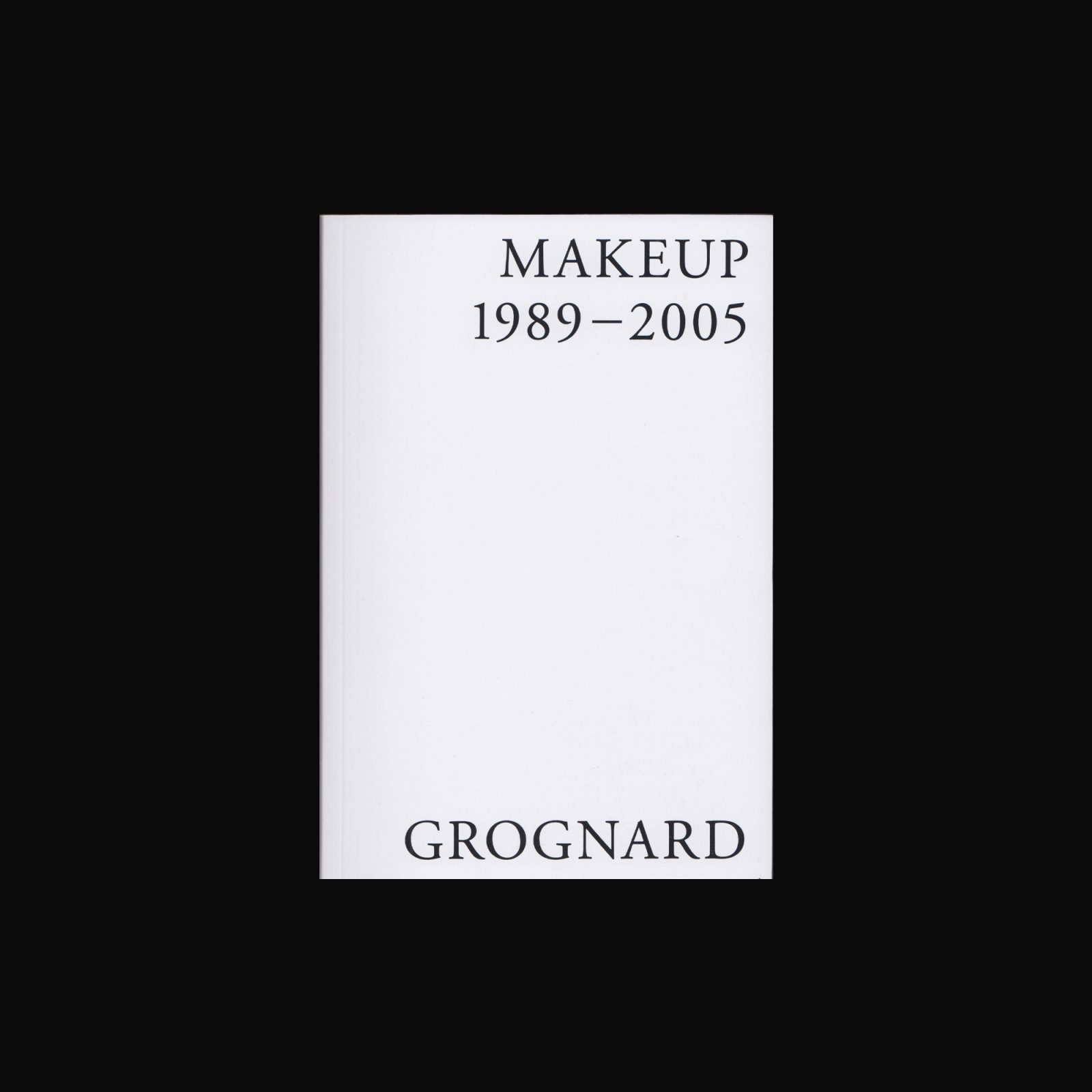
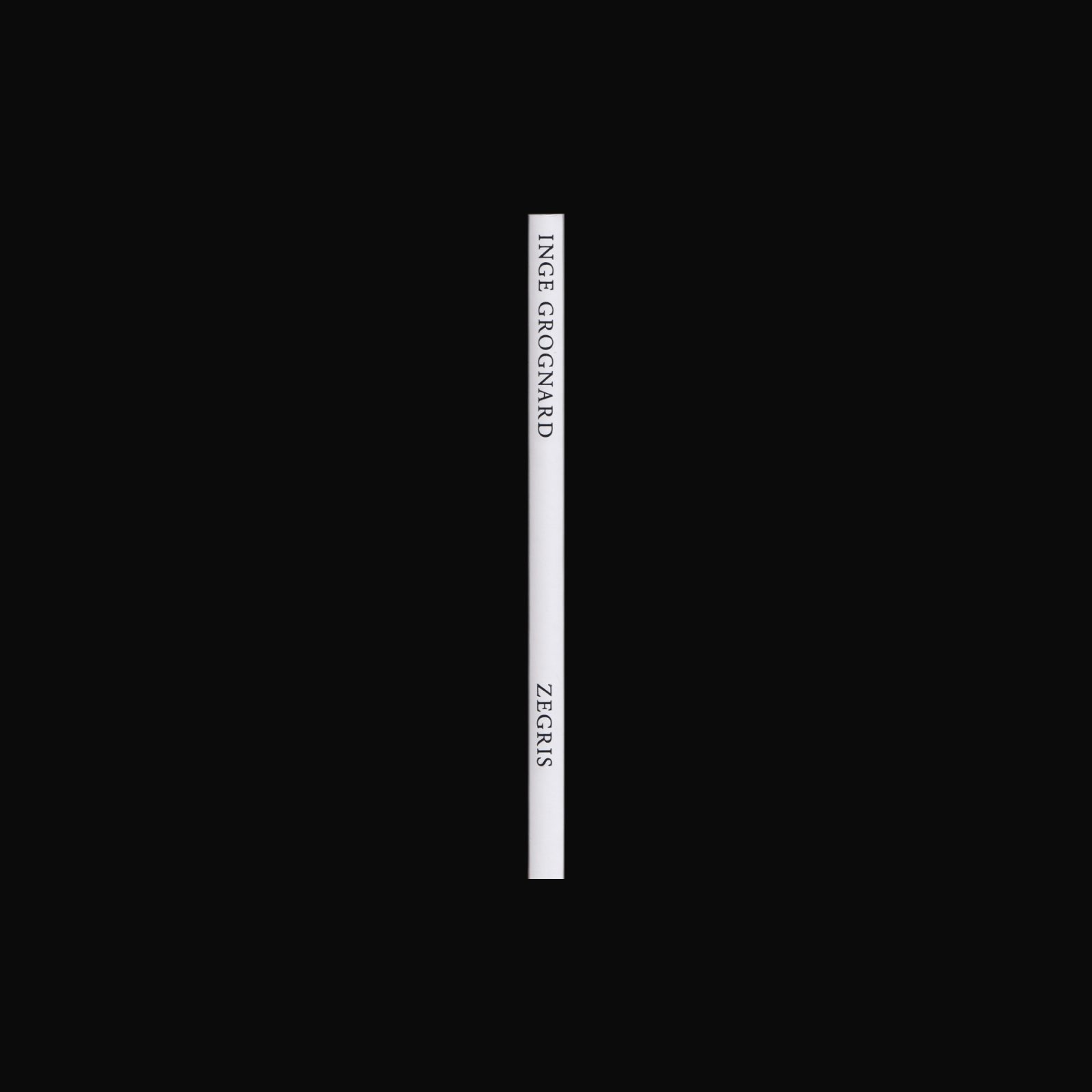
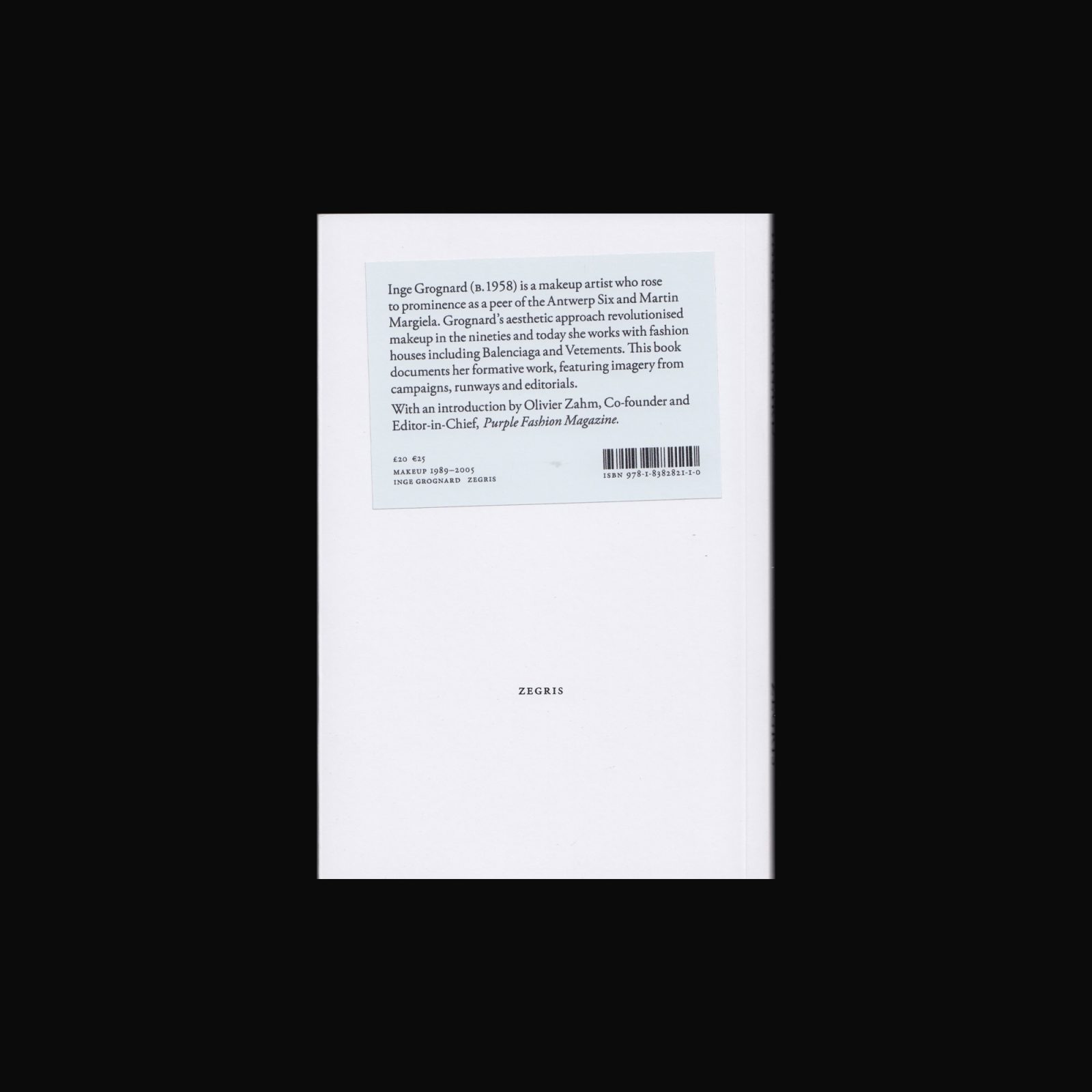
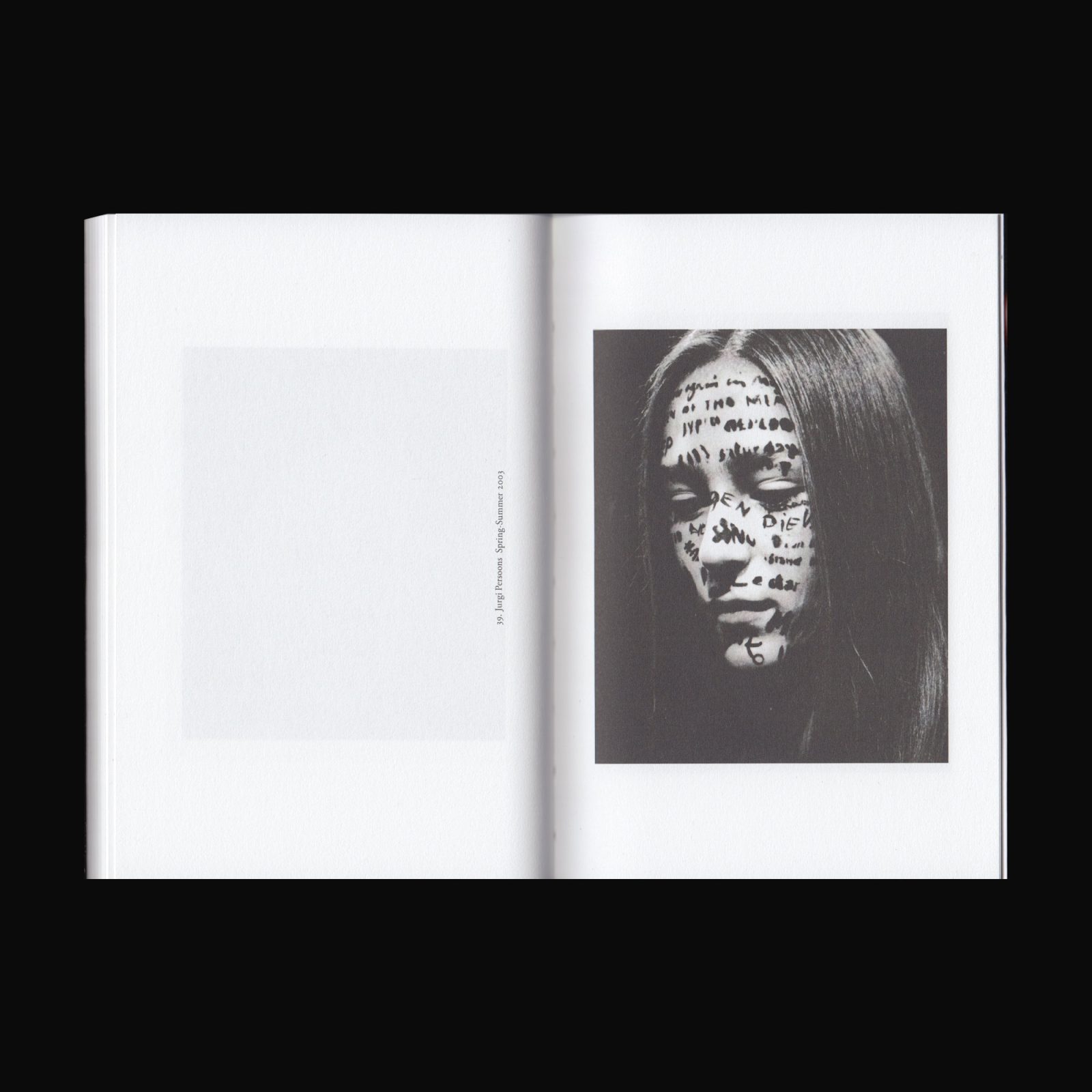
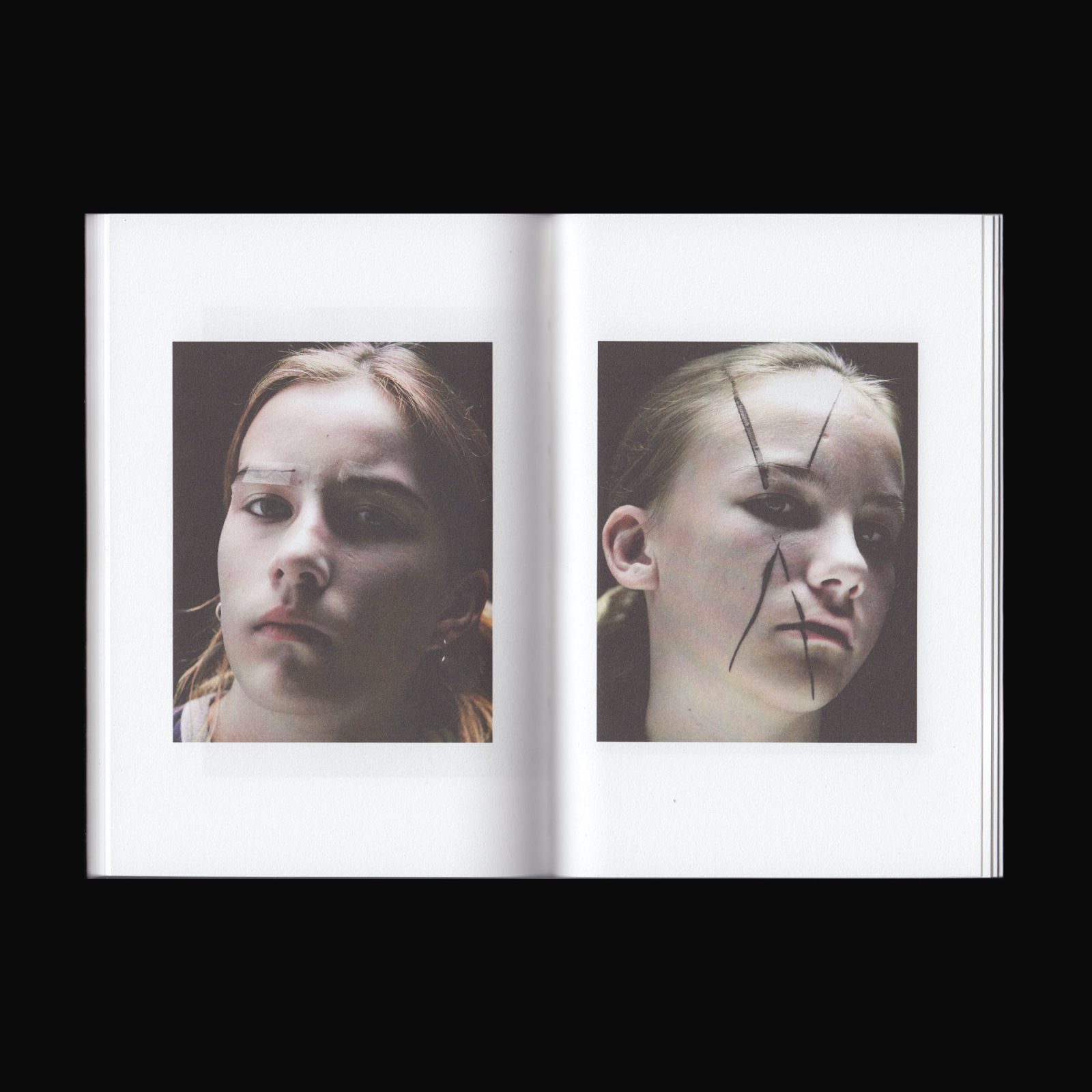
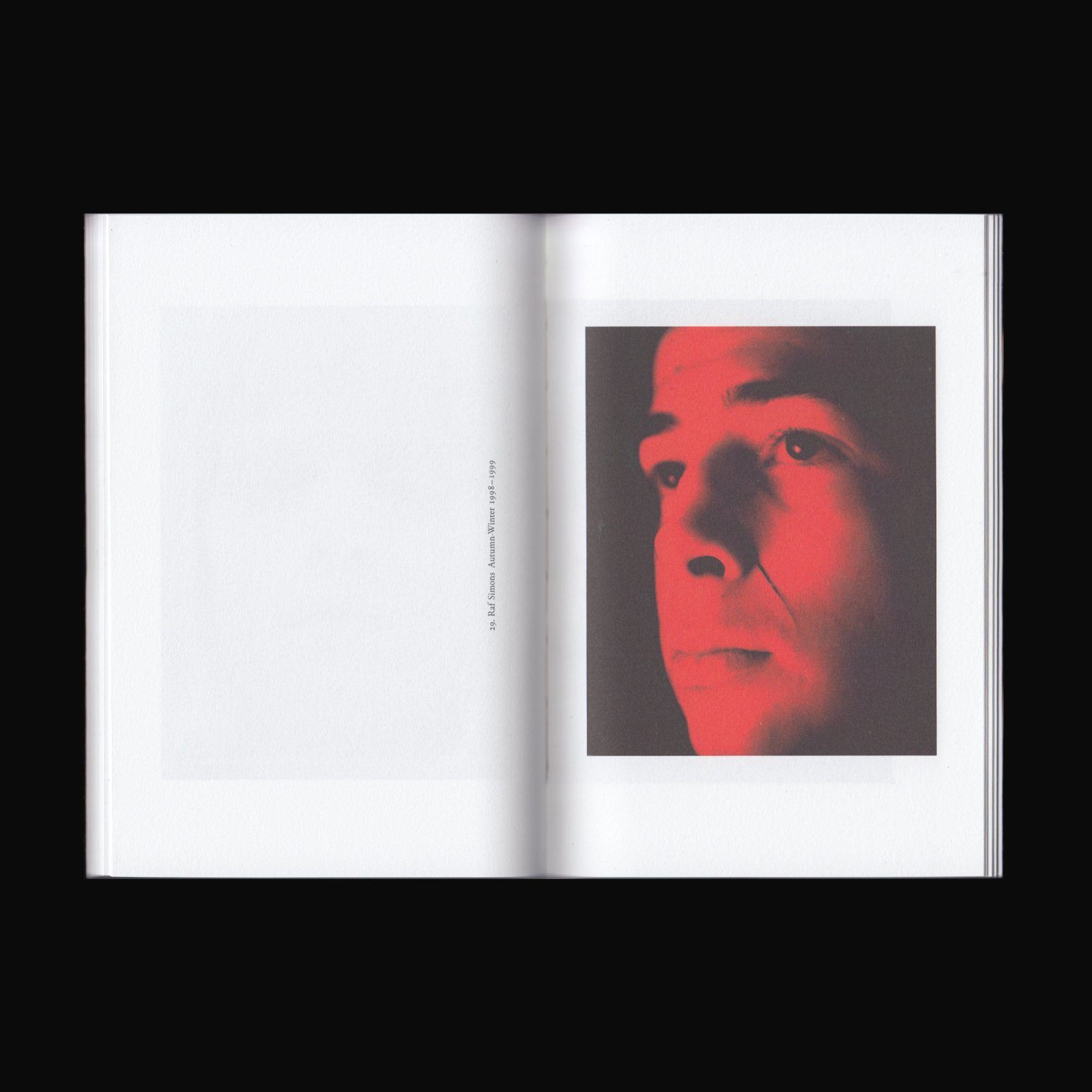
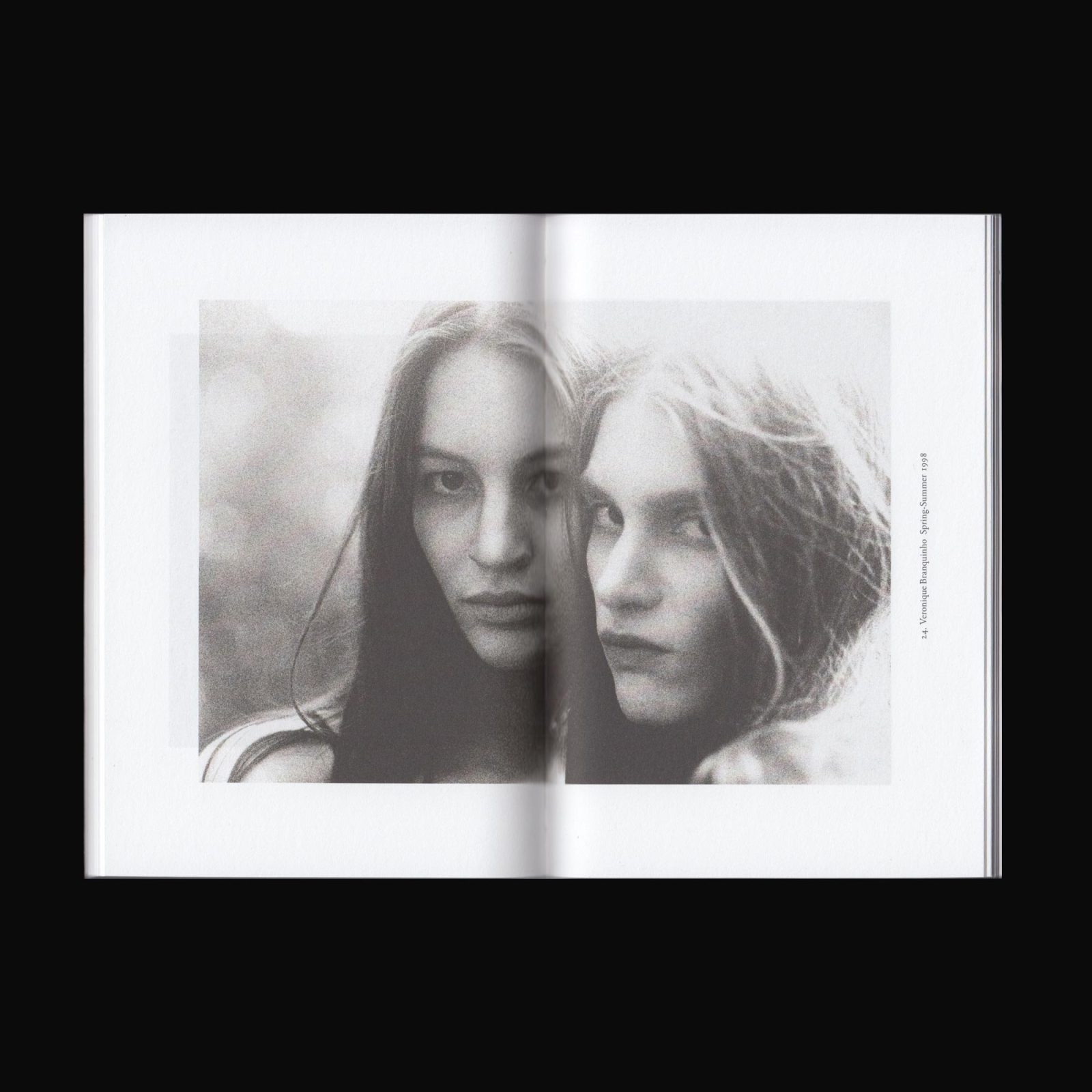
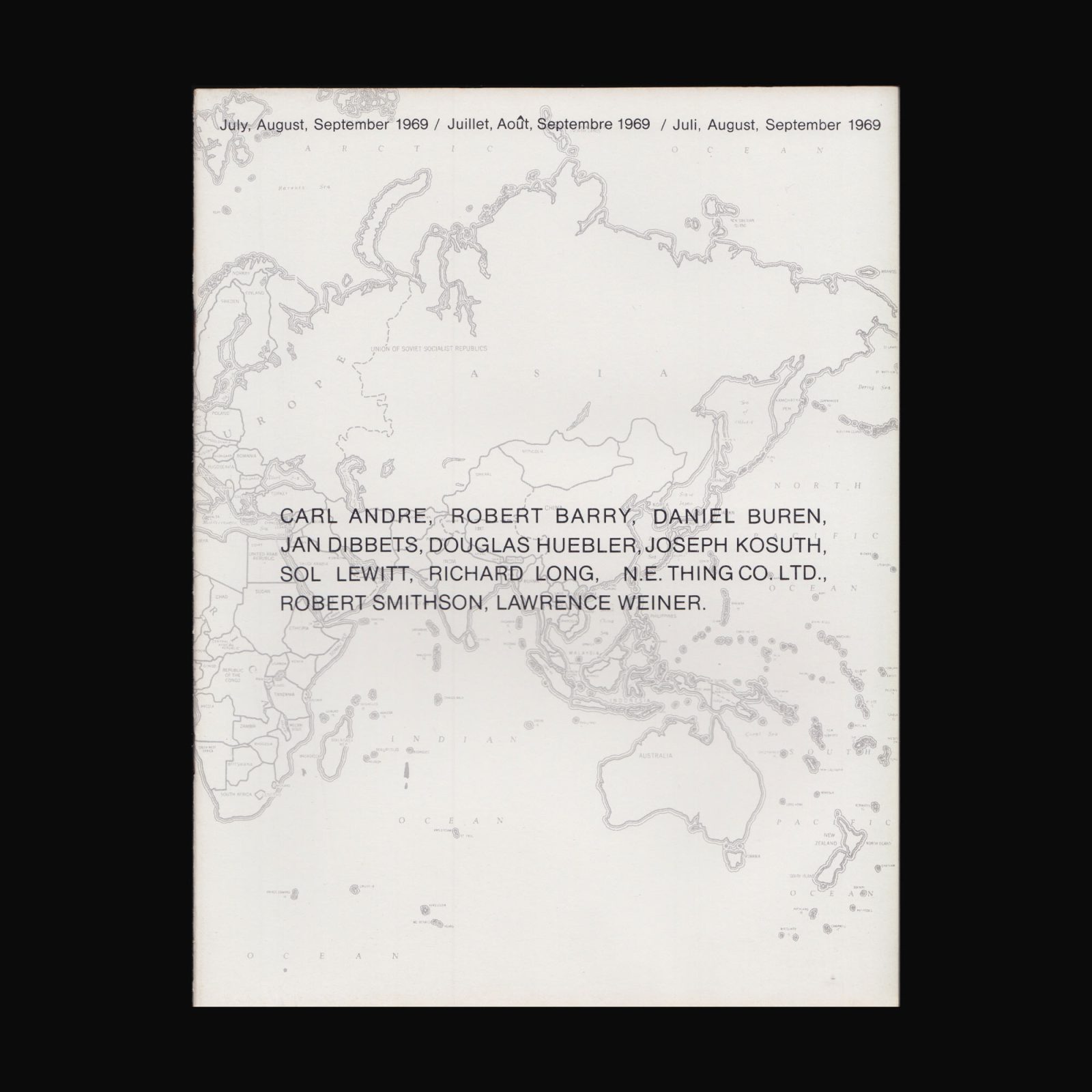
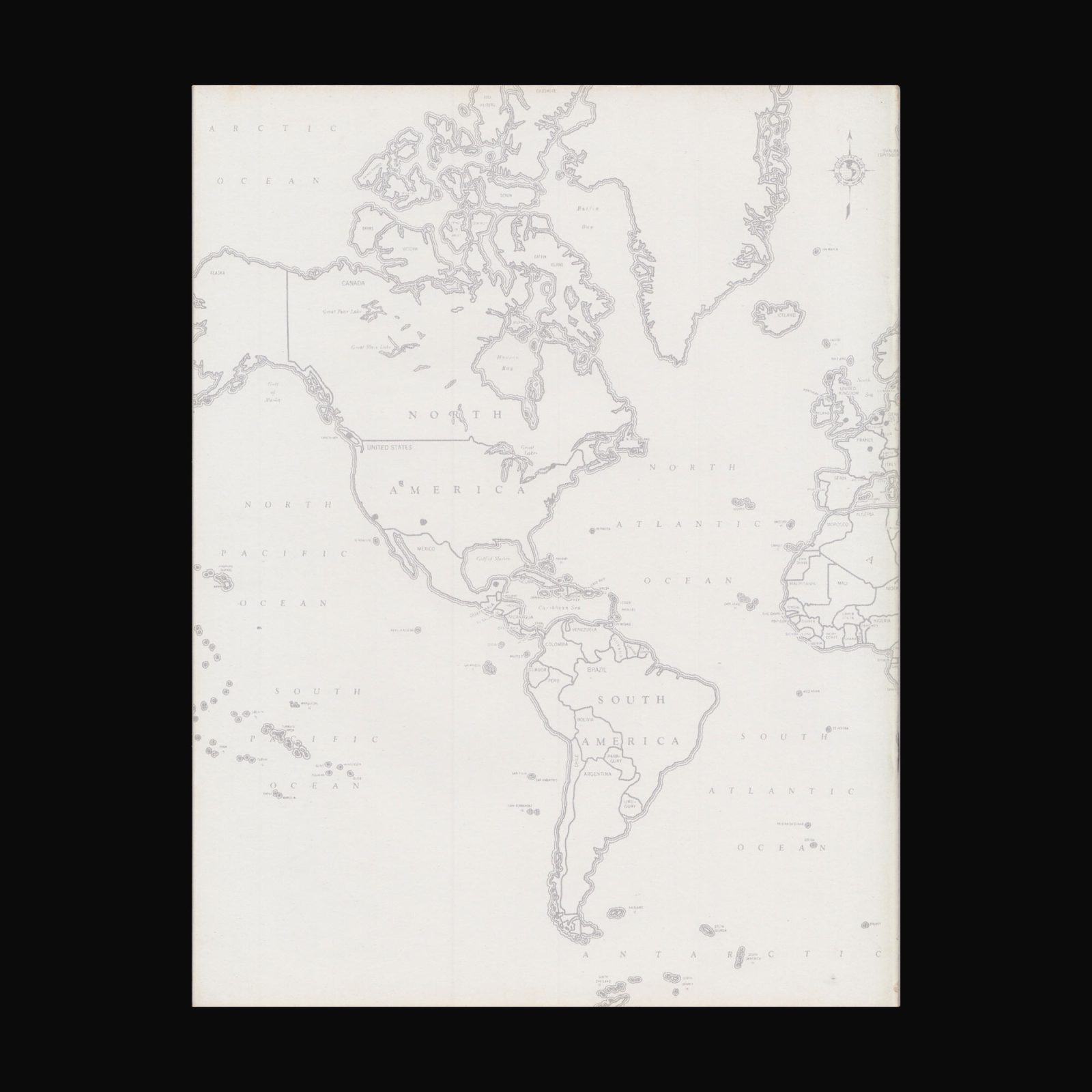
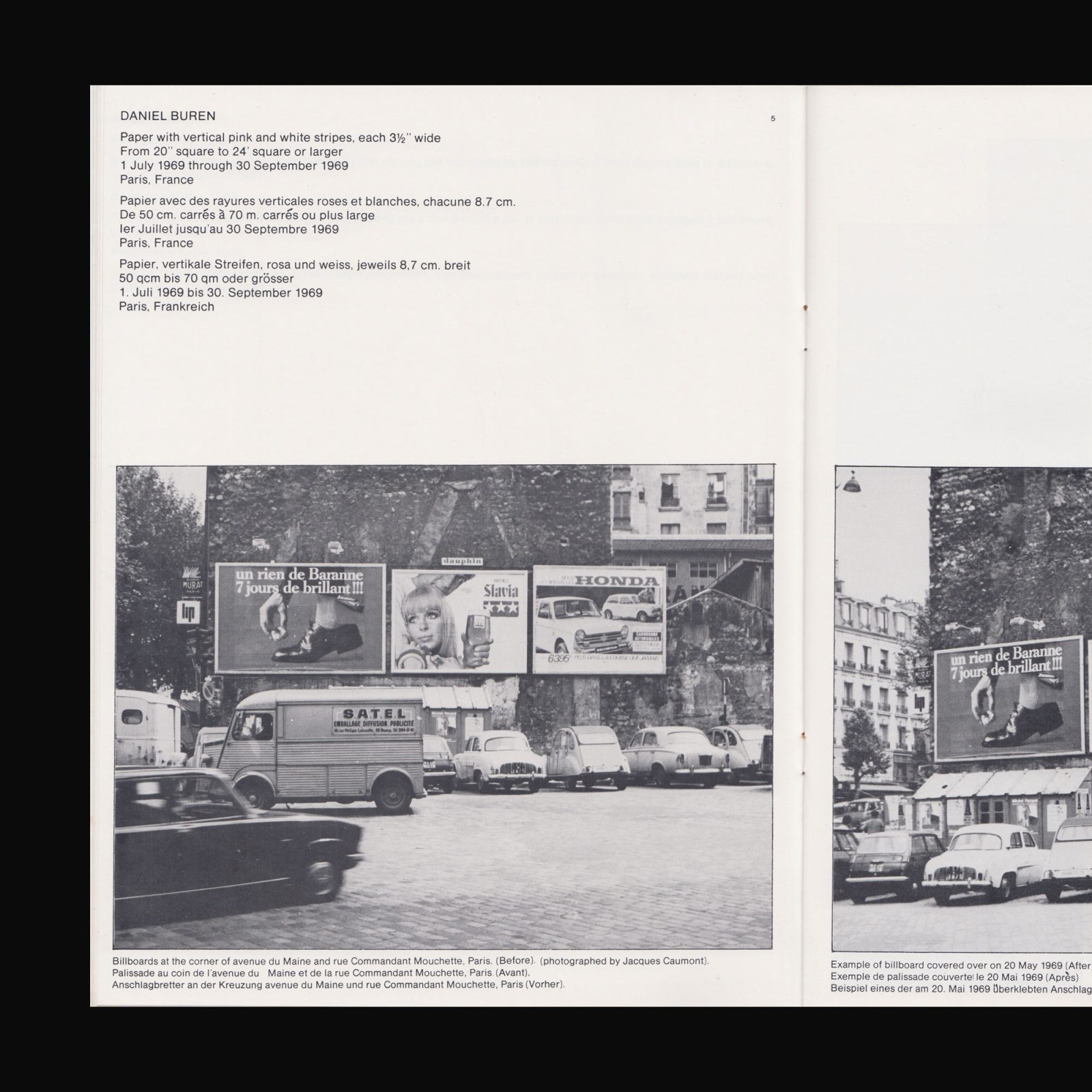
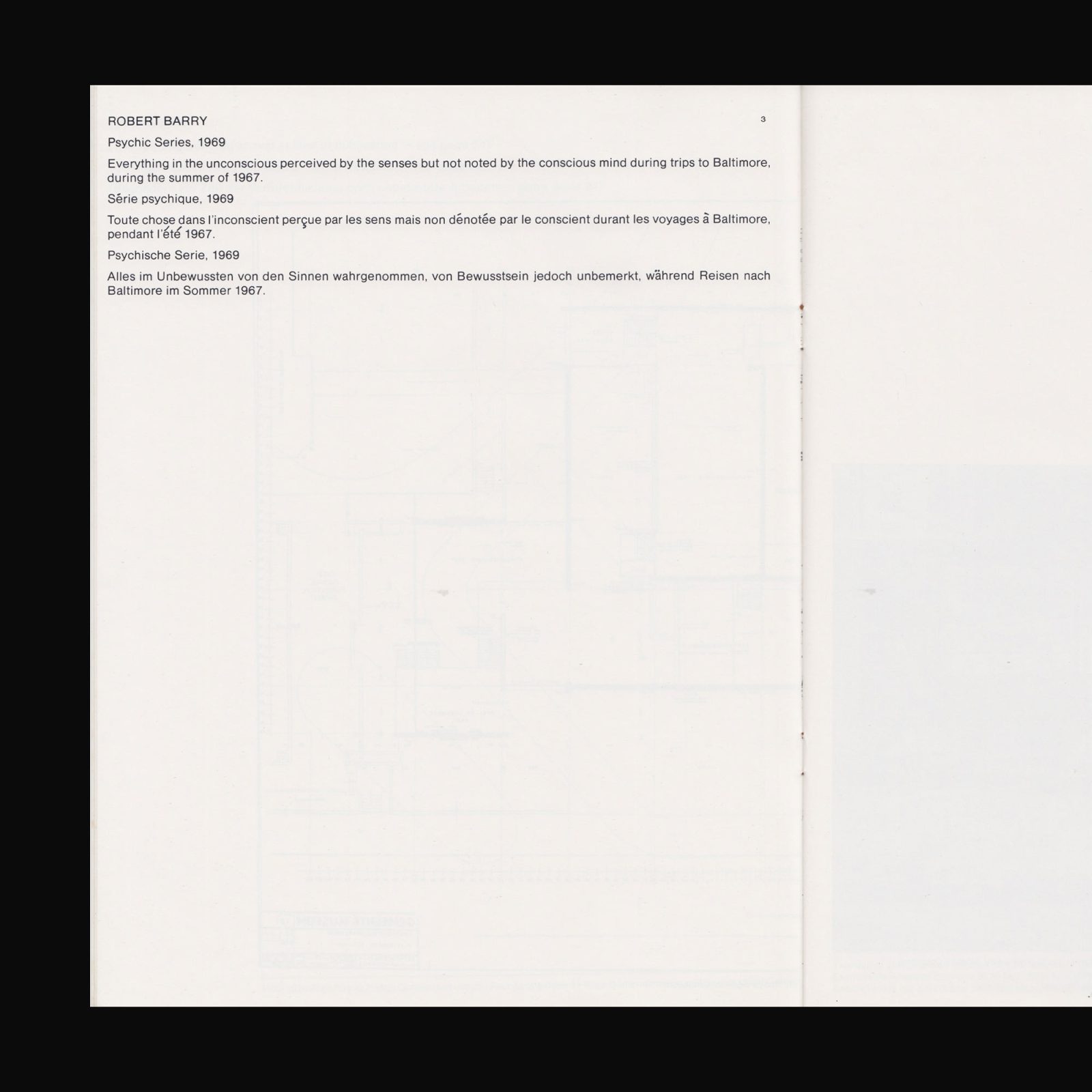
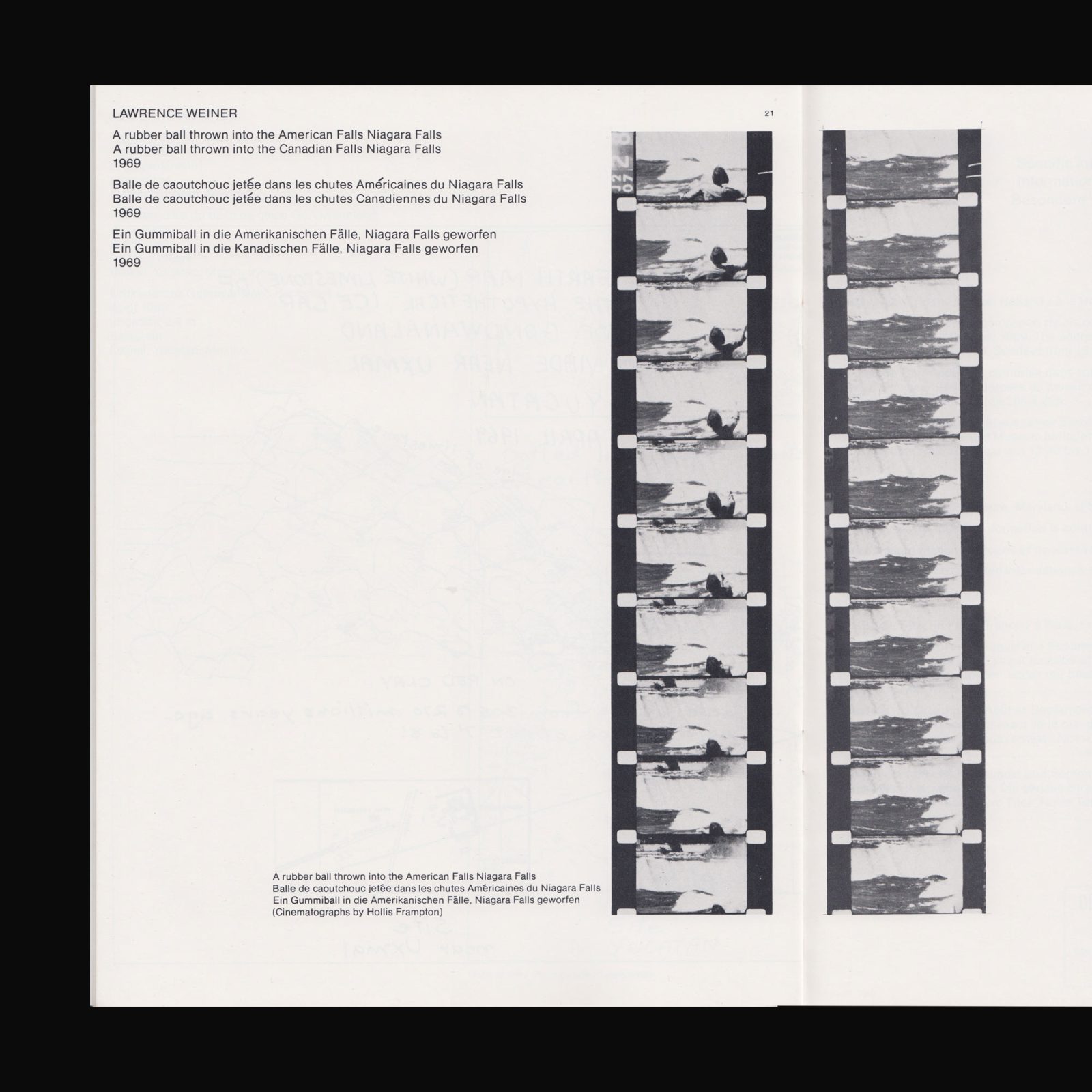
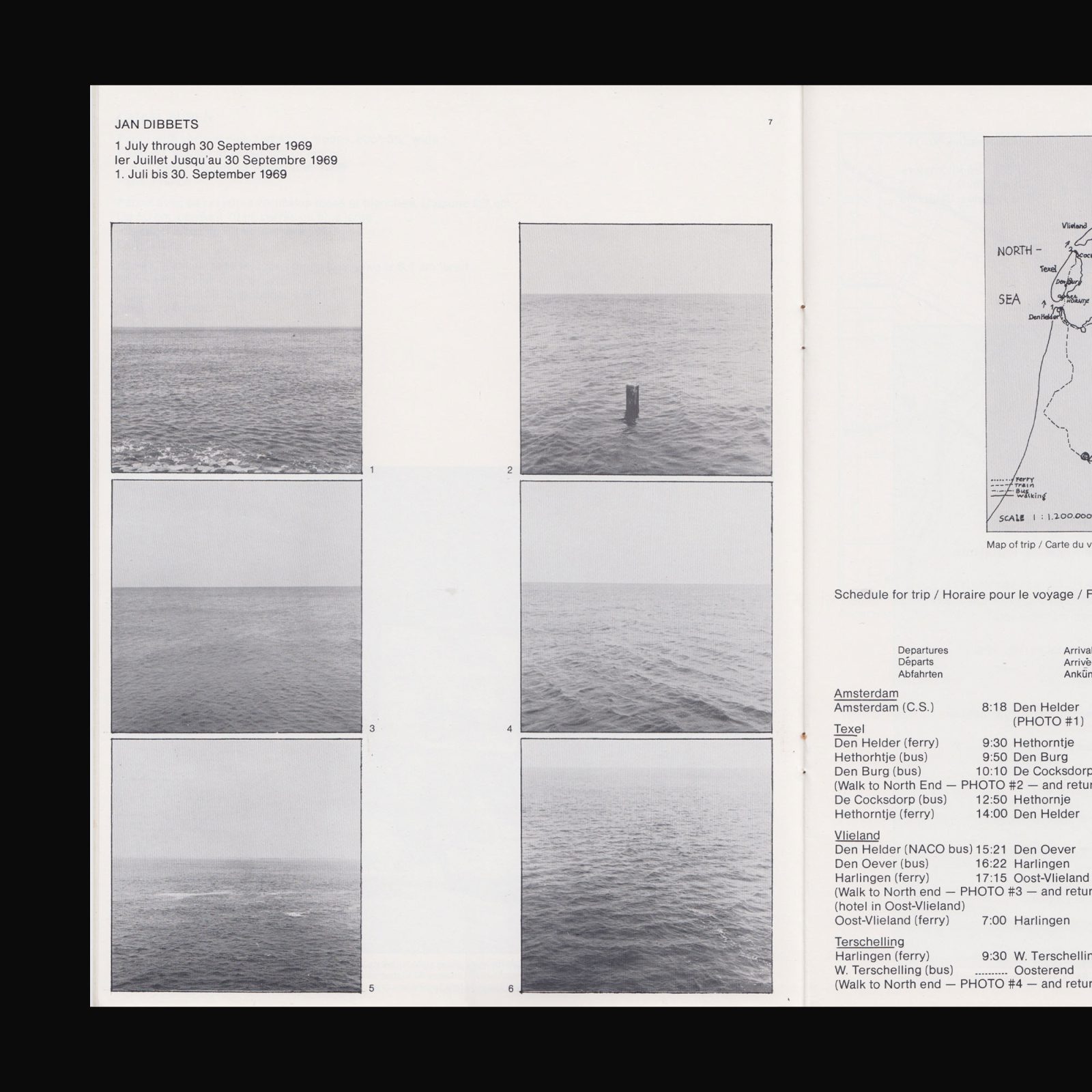
Publication for an international exhibition in which 11 artists each made a work in a different part of Europe & North American between July–September 1969, which served as the guide to the location and description of each work. The participating artists were: Carl Andre in the Hague, Robert Barry in Baltimore, Daniel Buren in Paris, Jan Dibbets in Amsterdam, Douglas Huebler in Los Angeles, Joseph Kosuth in New Mexico, Sol Lewitt in Düsseldorf, Richard Long in Bristol, N.E. Thing Co. Ltd. in Vancouver, Robert Smithson in Yucatan and Lawrence Weiner in Niagara Falls.
*Please note this publication is secondhand and has some traces of previous ownership
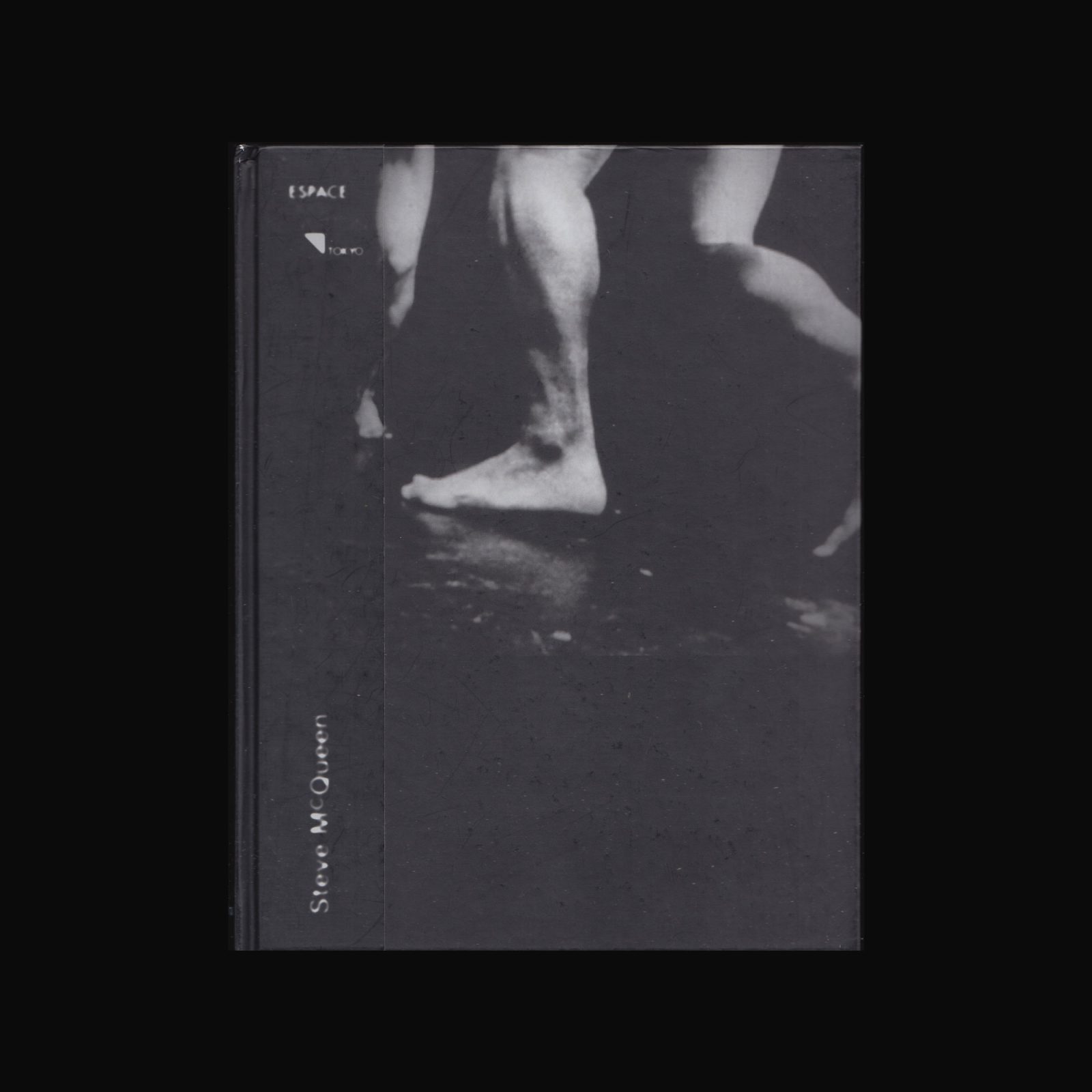
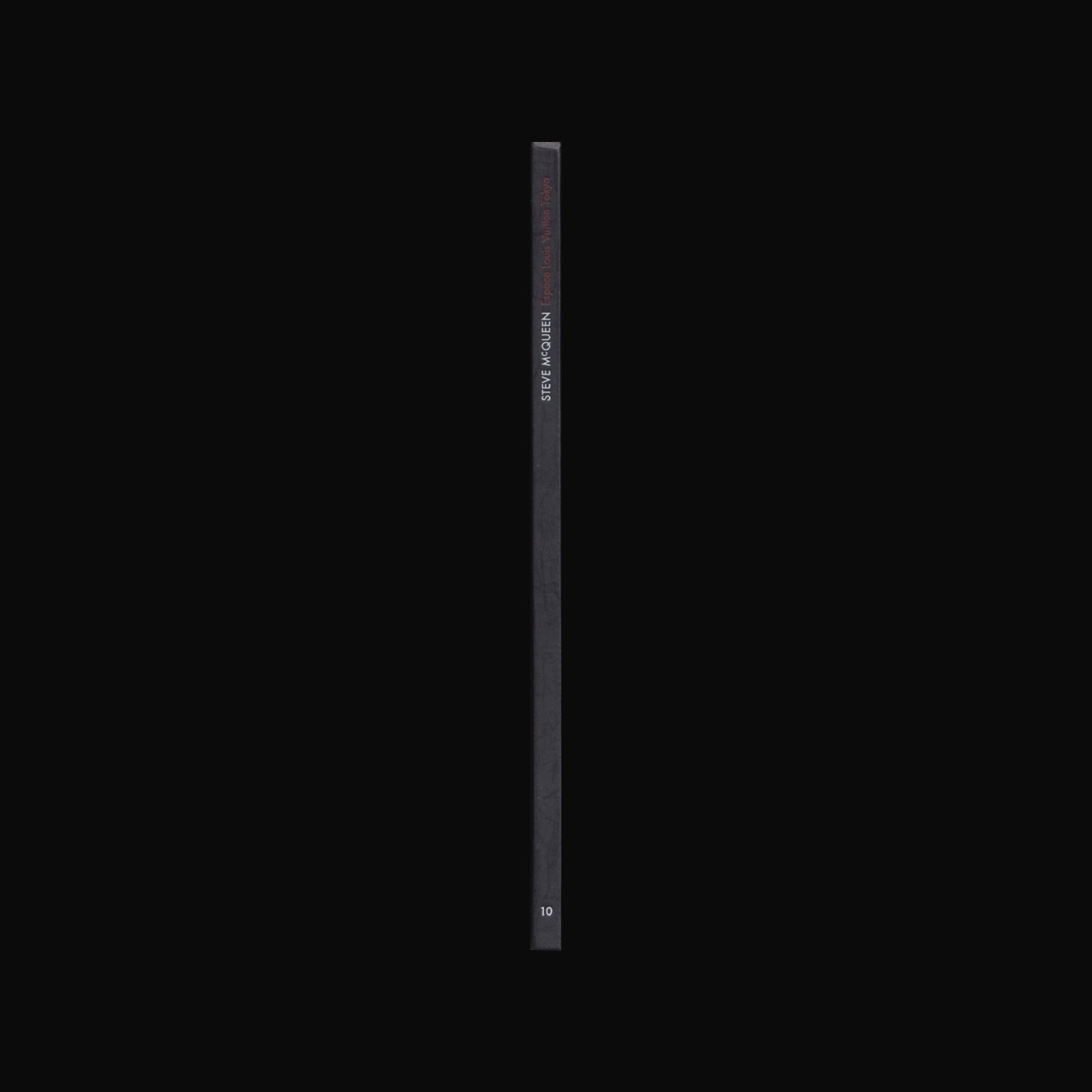
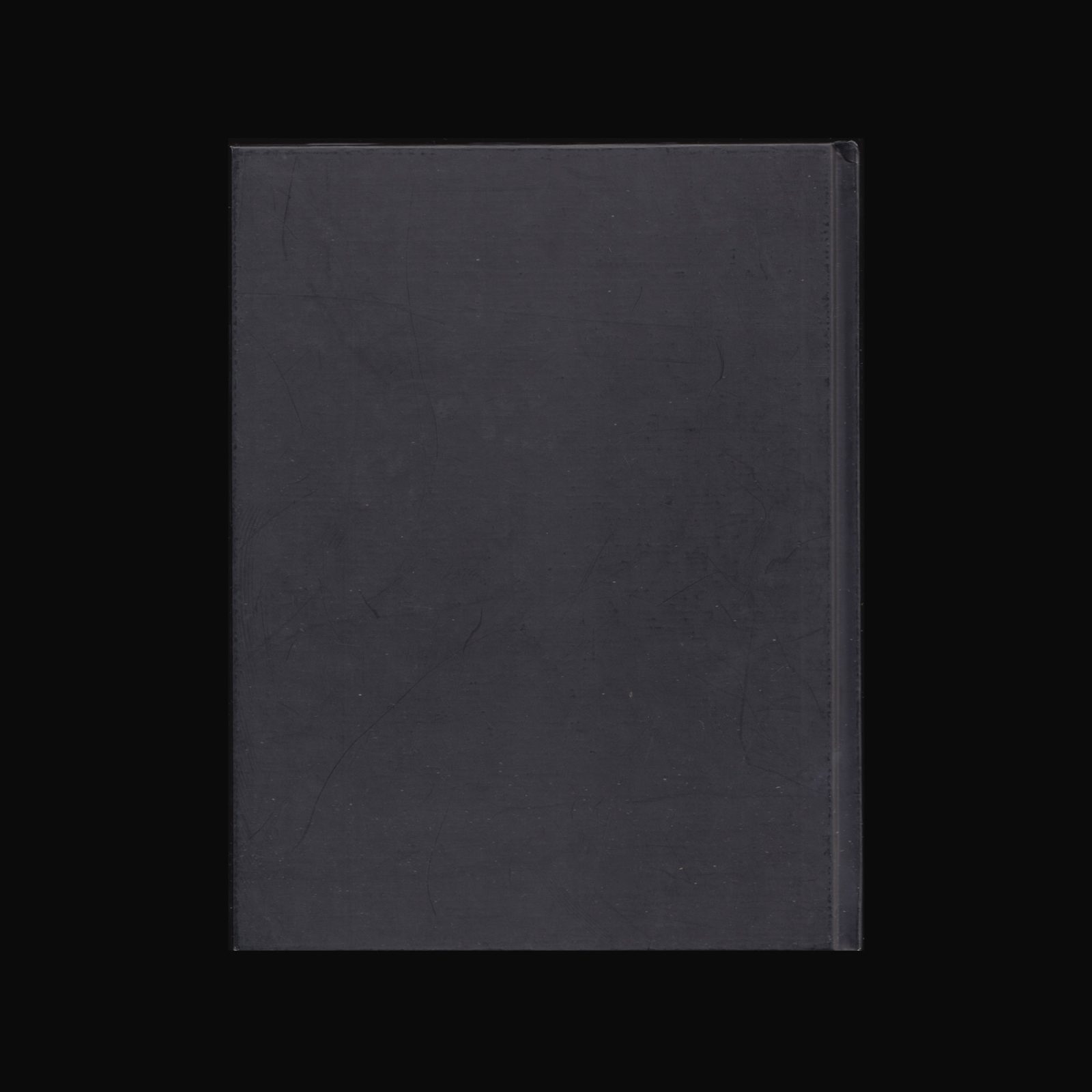
Produced on the occasion of the exhibition Steve McQueen, at Espace Louis Vuitton, Tokyo, 26 April–17 August, 2014.
Steve McQueen is a filmmaker, screenwriter, and video artist. Though he is perhaps best known for his mainstream films such as 12 Years a Slave, 2013, Shame, 2011, and Hunger, 2008, McQueen is also a highly accomplished artist, notably winning the Turner Prize in 1999 and representing Britain during the 2009 Venice Biennale.
*Please note this publication is secondhand and has some traces of previous ownership.
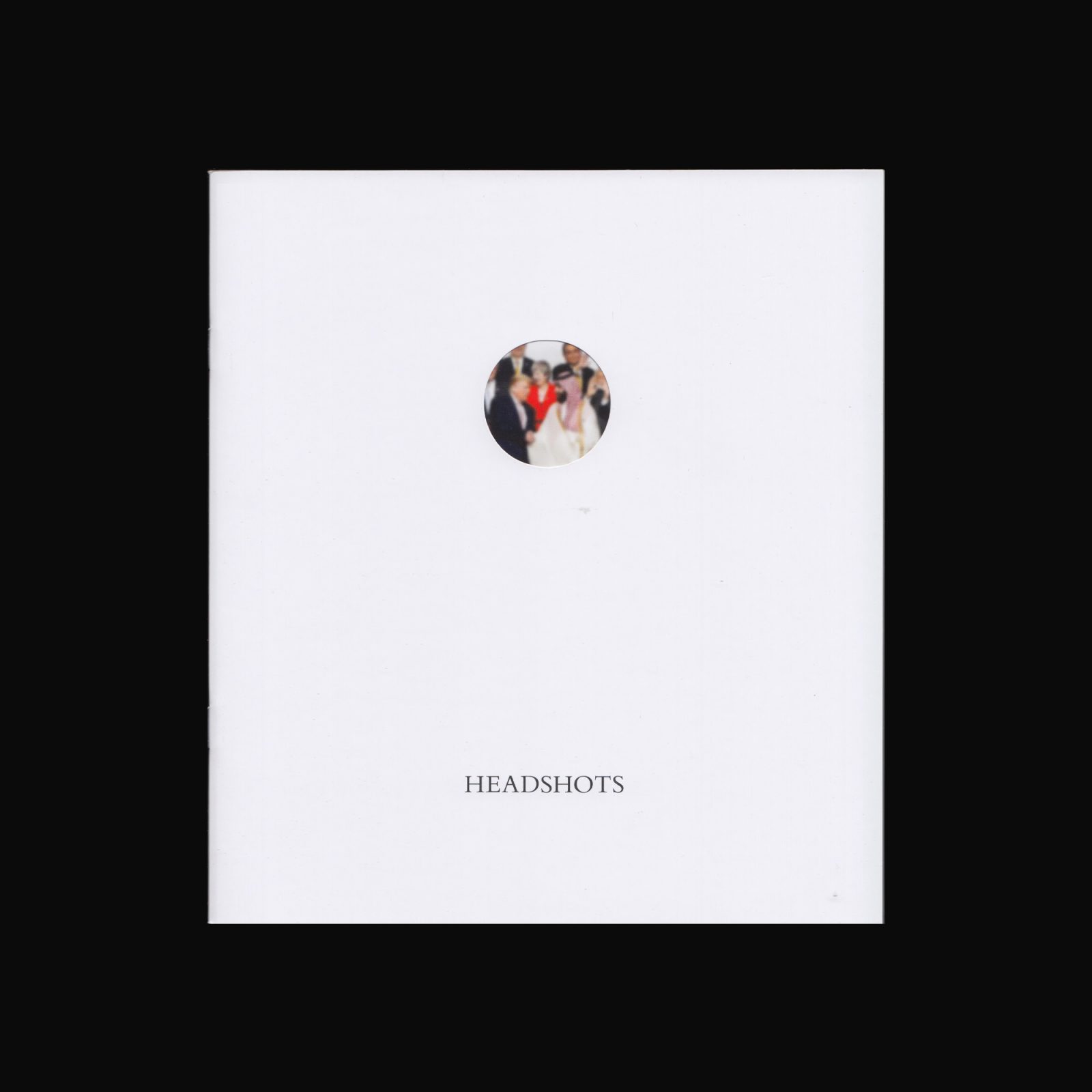
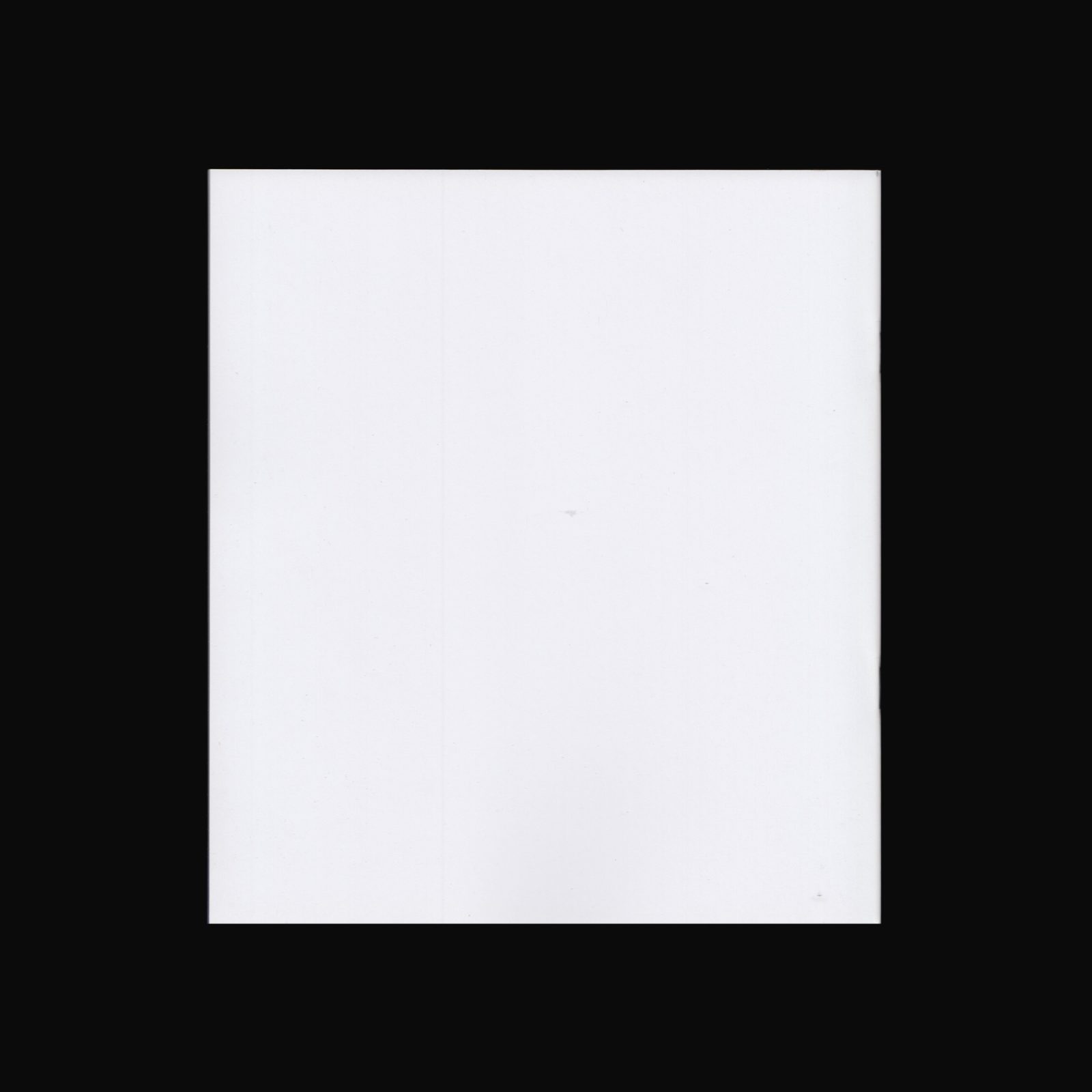
Produced on the occasion of the exhibition John Knight, a work in situ, Galerie Neu at The Intermission, Piraeus, 18 September–30 November, 2019.
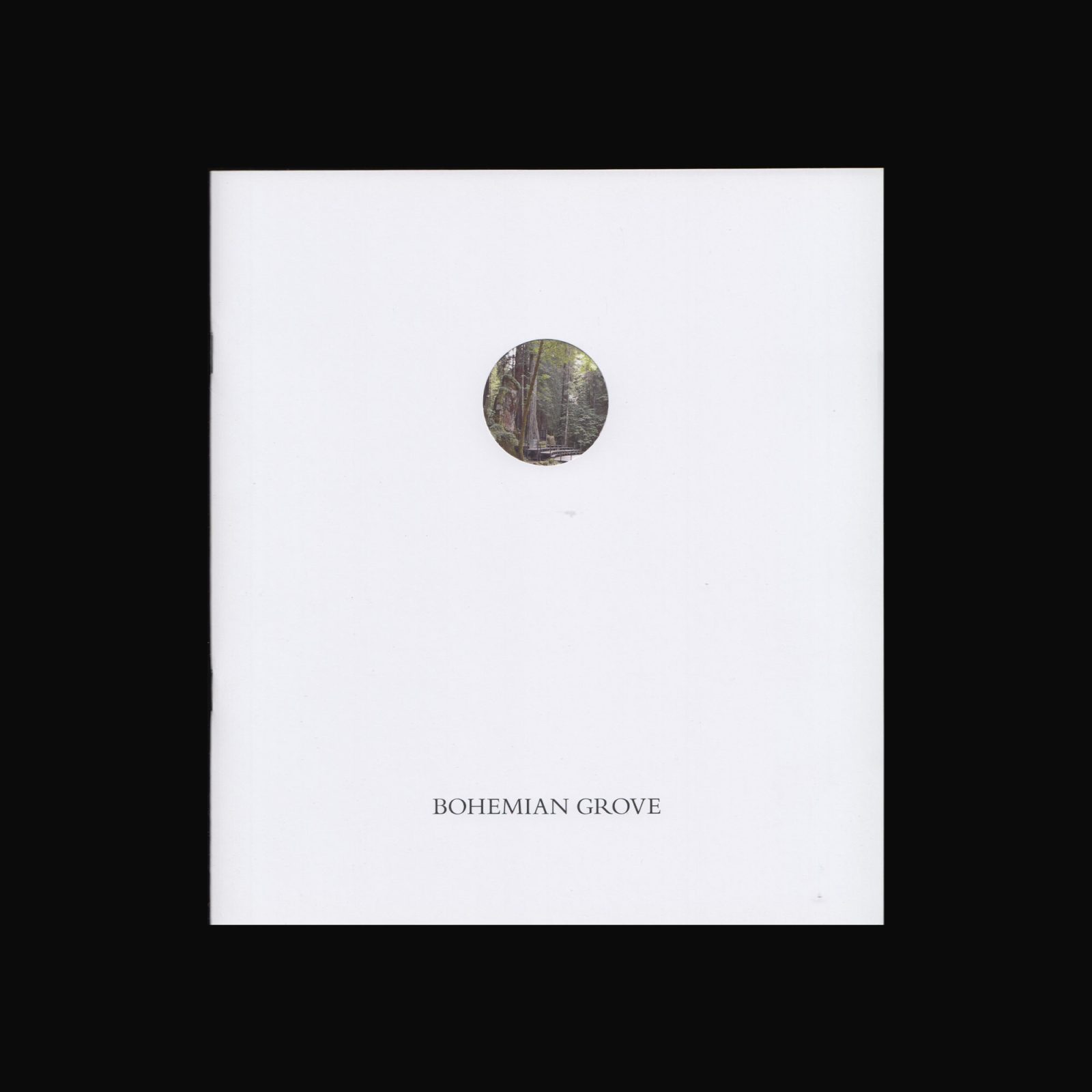
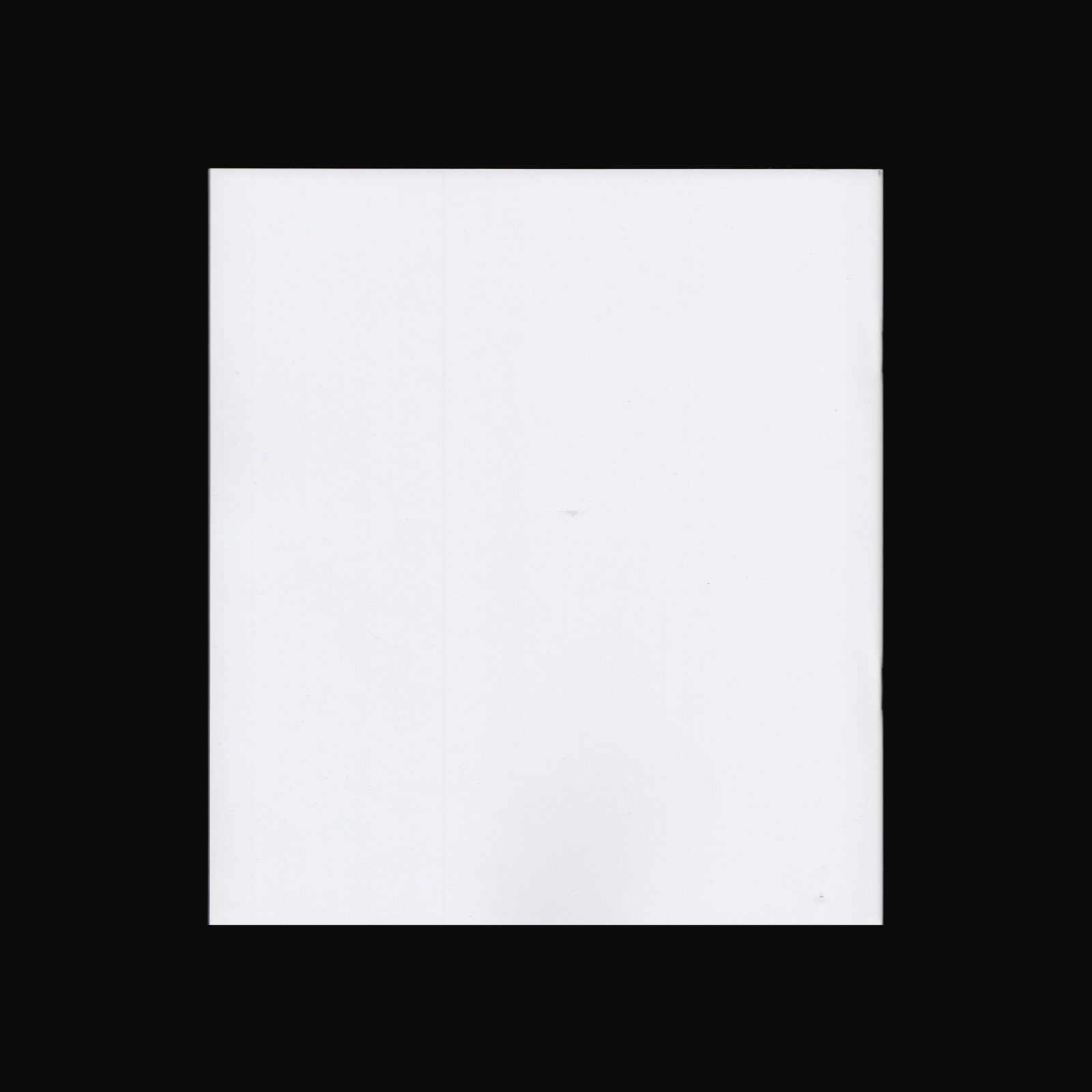
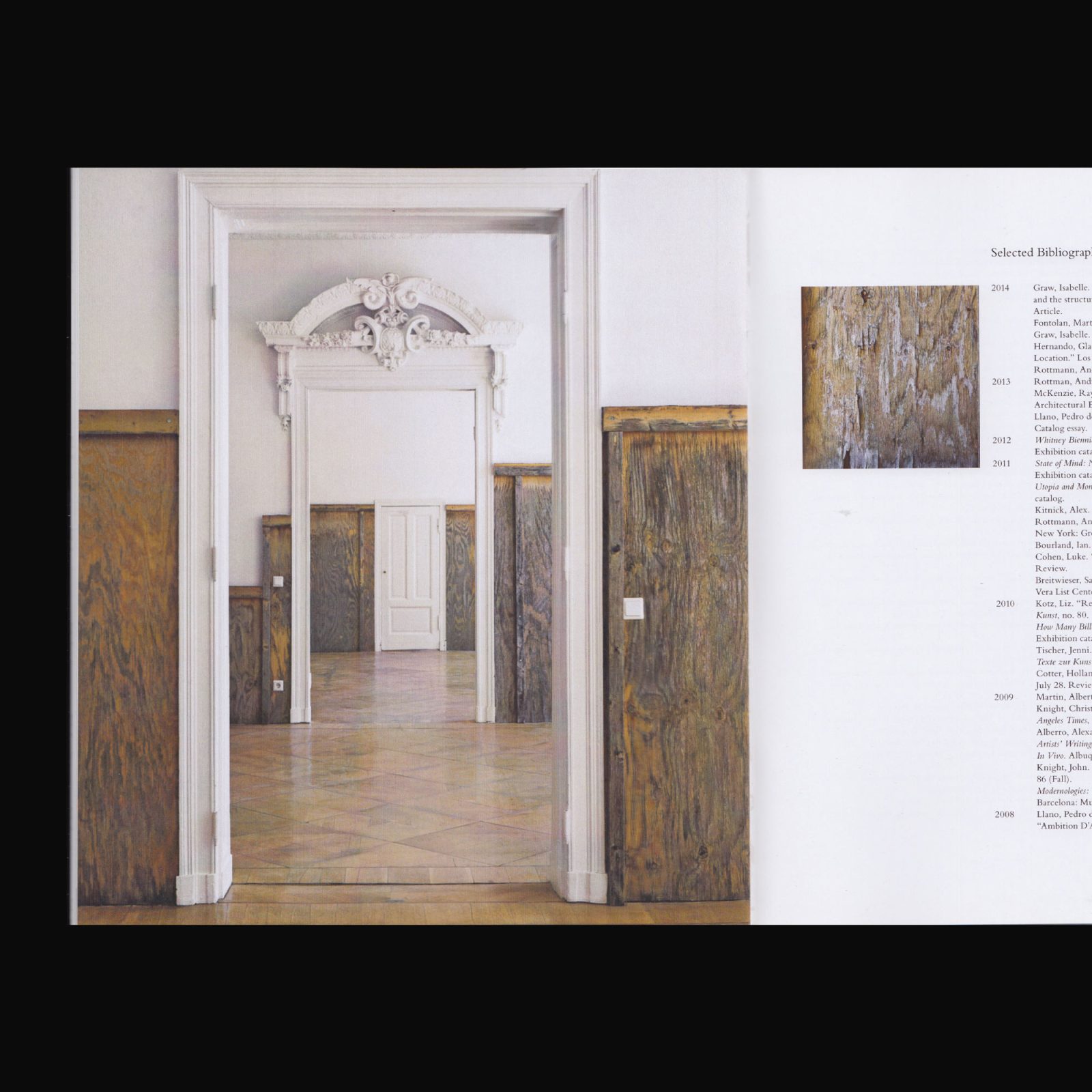
Produced on the occasion of the exhibition John Knight, a work in situ, Galerie Neu/MD 72, Berlin, 6 June–20 July, 2013 where Knight repurposed the wooden panelling form the outside of the building that housed Galerie Neu until 2013.
“this panelling moved to the project space of the same gallery called MD 72, in Berlin too. It was adapted to the space of MD 72 by cutting holes for doors, windows, electric sockets etc. From the top to the bottom, from the outside to the inside.”
“Bohemian Grove will record its own history, and will grow larger and smaller simultaneously, with every exhibition. A process of dematerialisation. The ghosts of exhibitions past will increasingly thin out the remaining material presence the work has, until nothing but a few very dispersed sawdust particles remain. And doors and windows we cannot enter because we are in the hands of time”—gerlach en koop, 2017
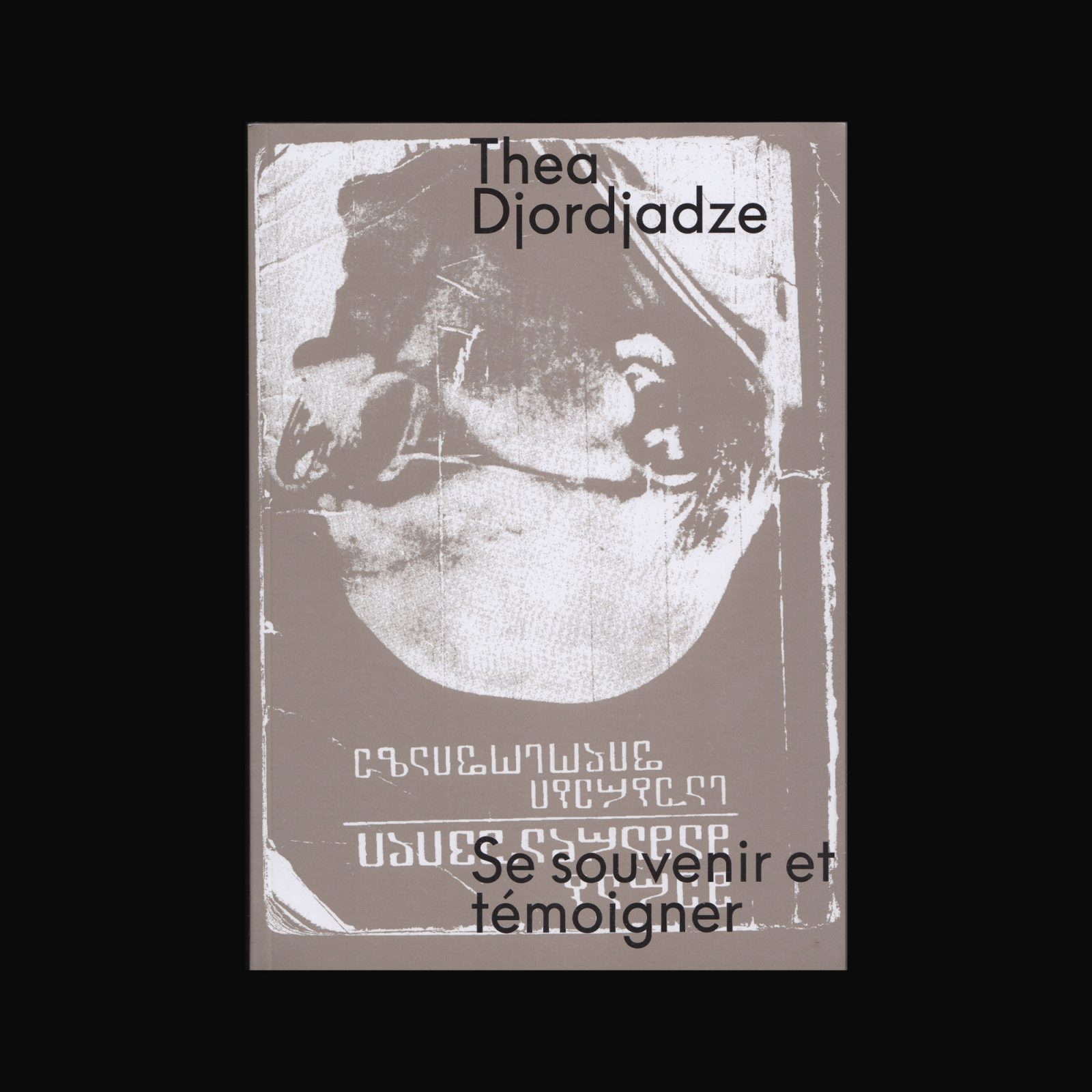
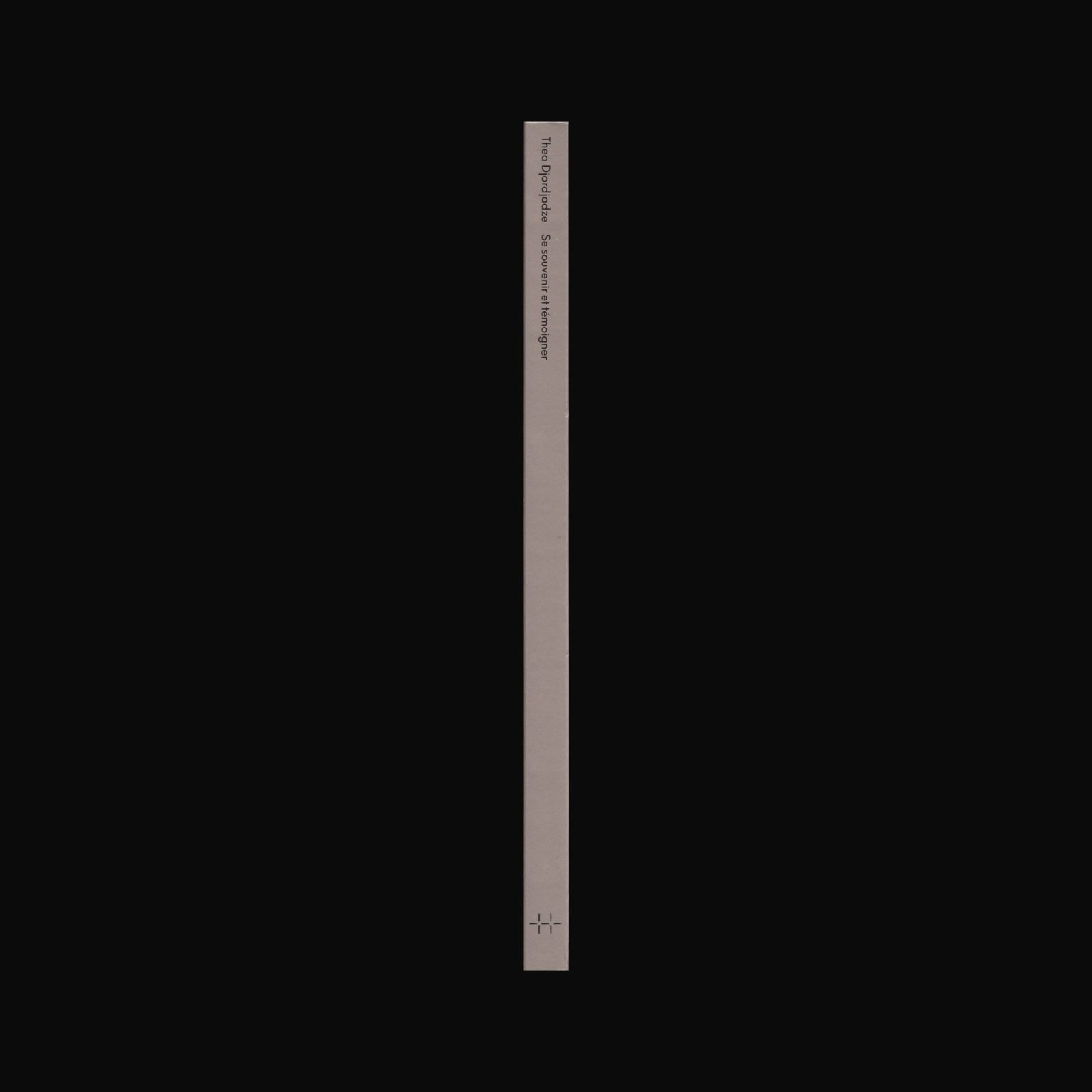
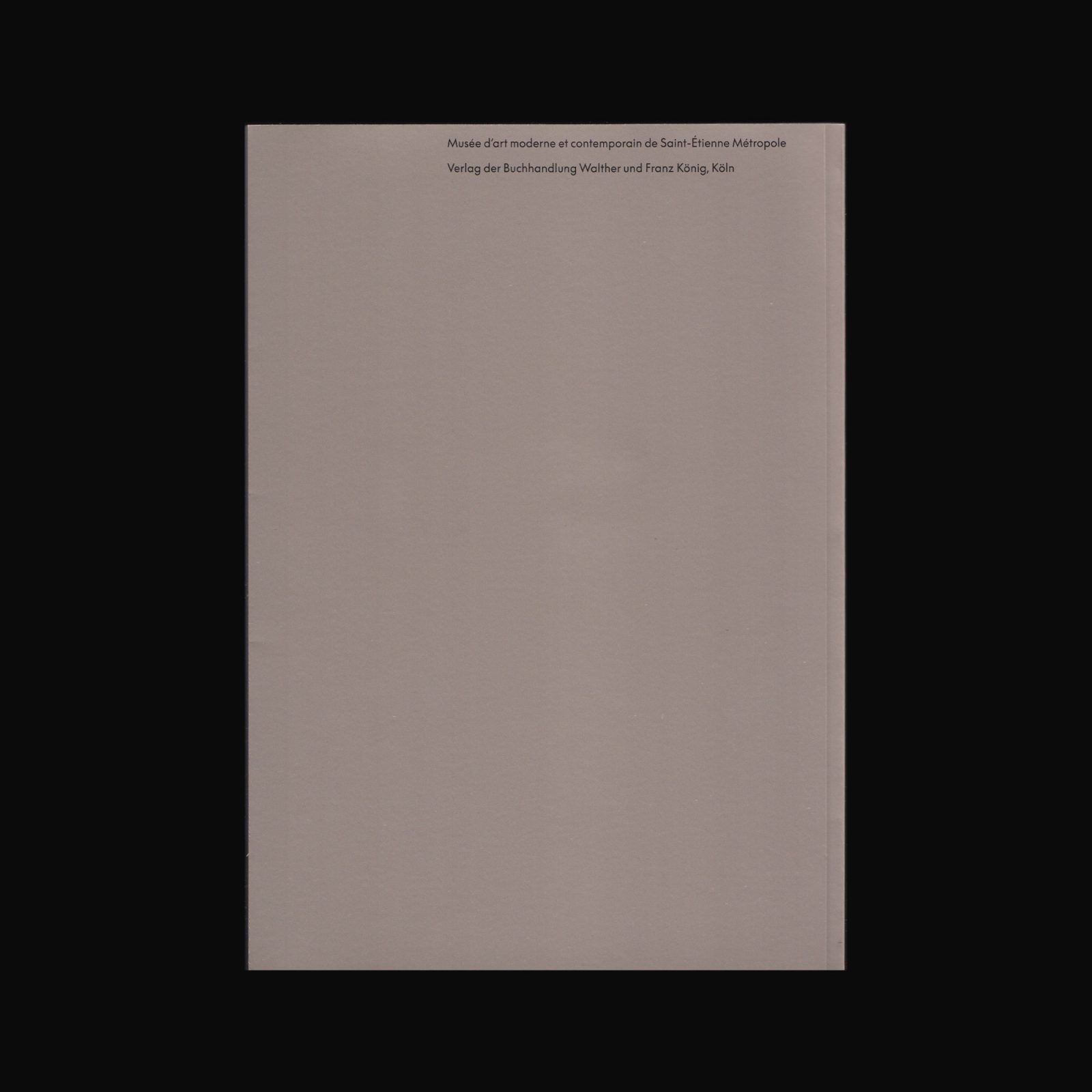
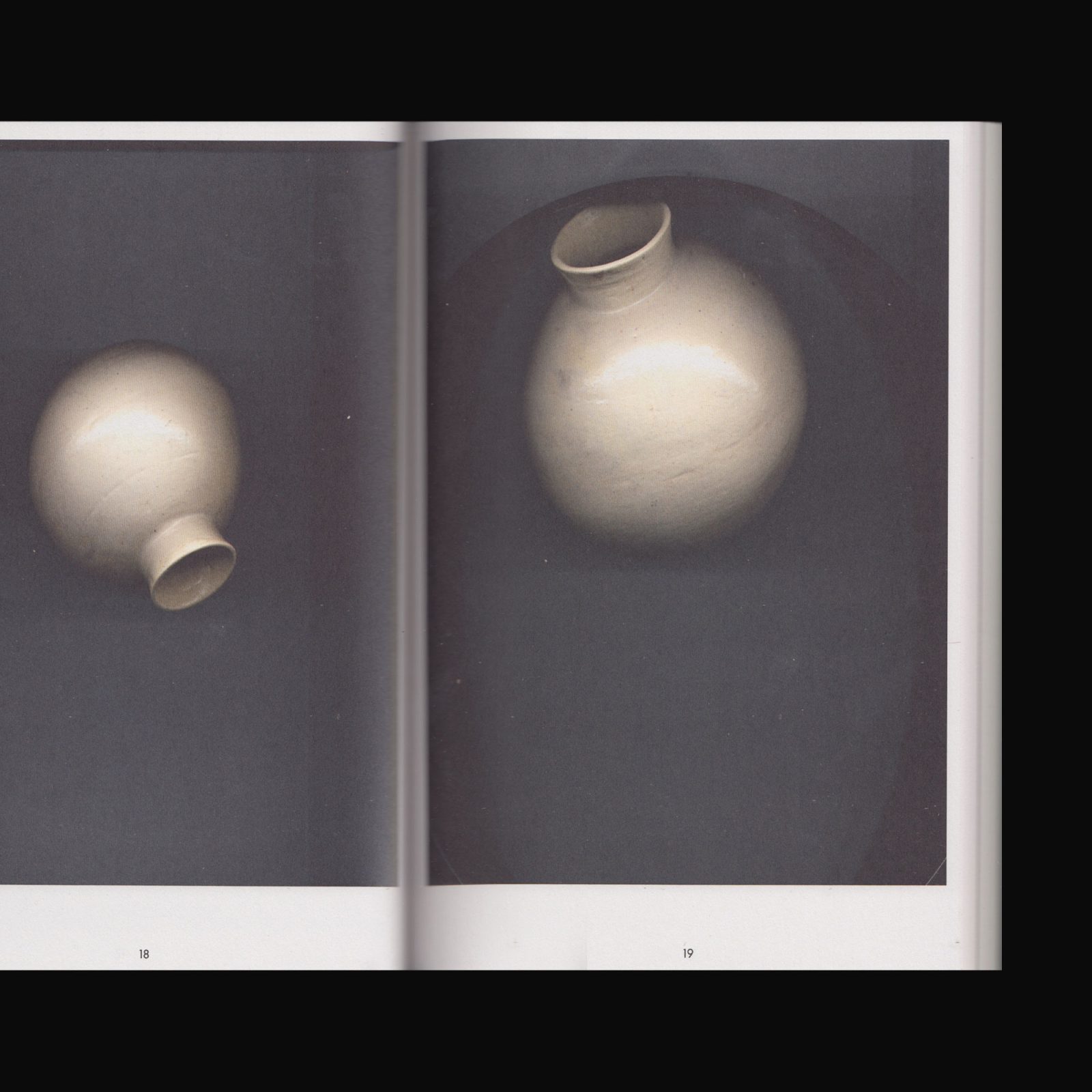
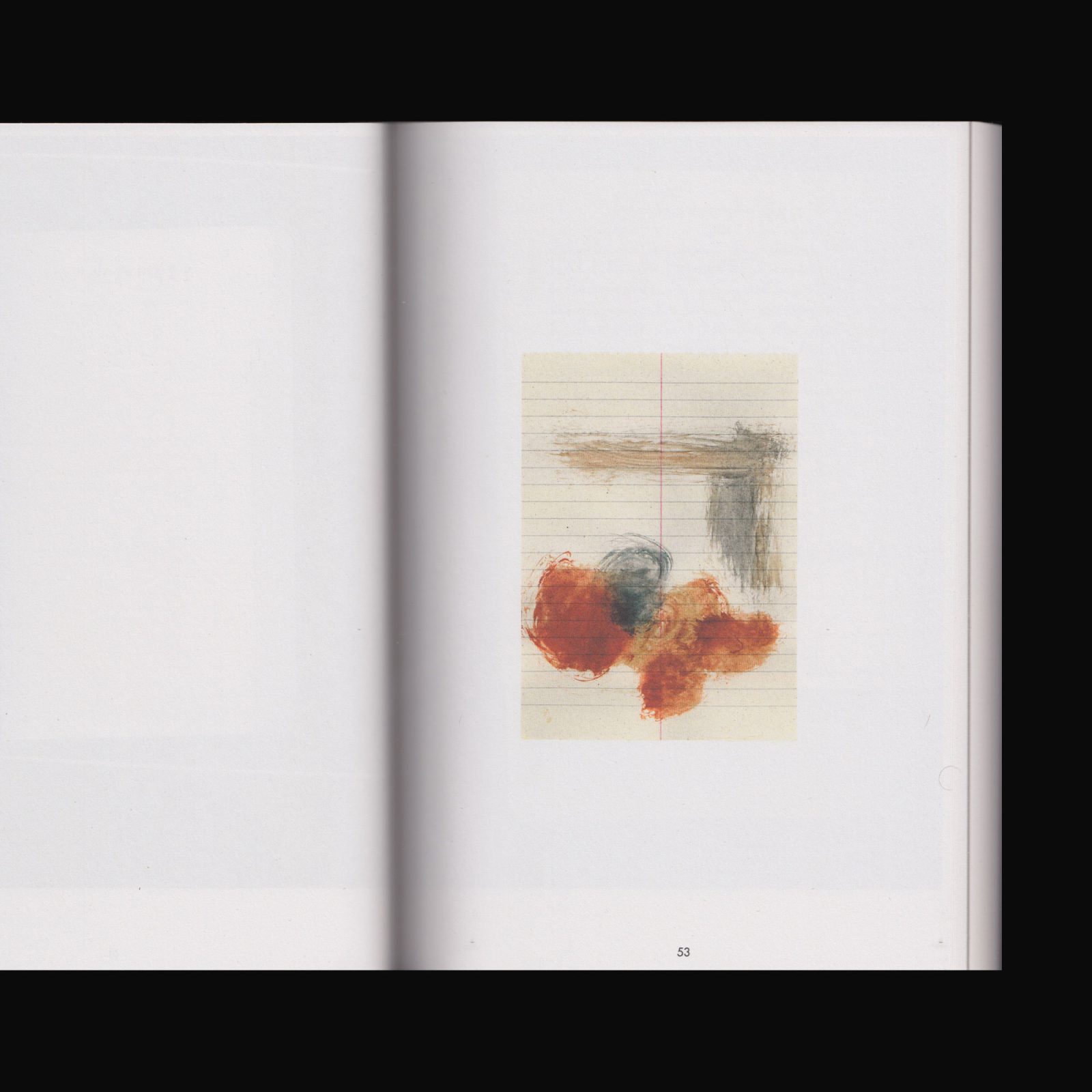
Produced on the occasion of the exhibition Thea Djordjadze: Se souvenir et témoigner at MAMC+, Saint-Priest-en-Jarez, 5 February–15 May, 2022.The publication unveils materials, archives and writings from the artist in the first part, while the second combines exhibition views from the Gropius Bau in Berlin and the Musée d’art moderne et contemporain de Saint-Étienne to apprehend her sense of installation and composition in two opposite spaces. An interview with the artist by MAMC+ director Aurélie Voltz and an essay by the art historian Thomas Boutoux.